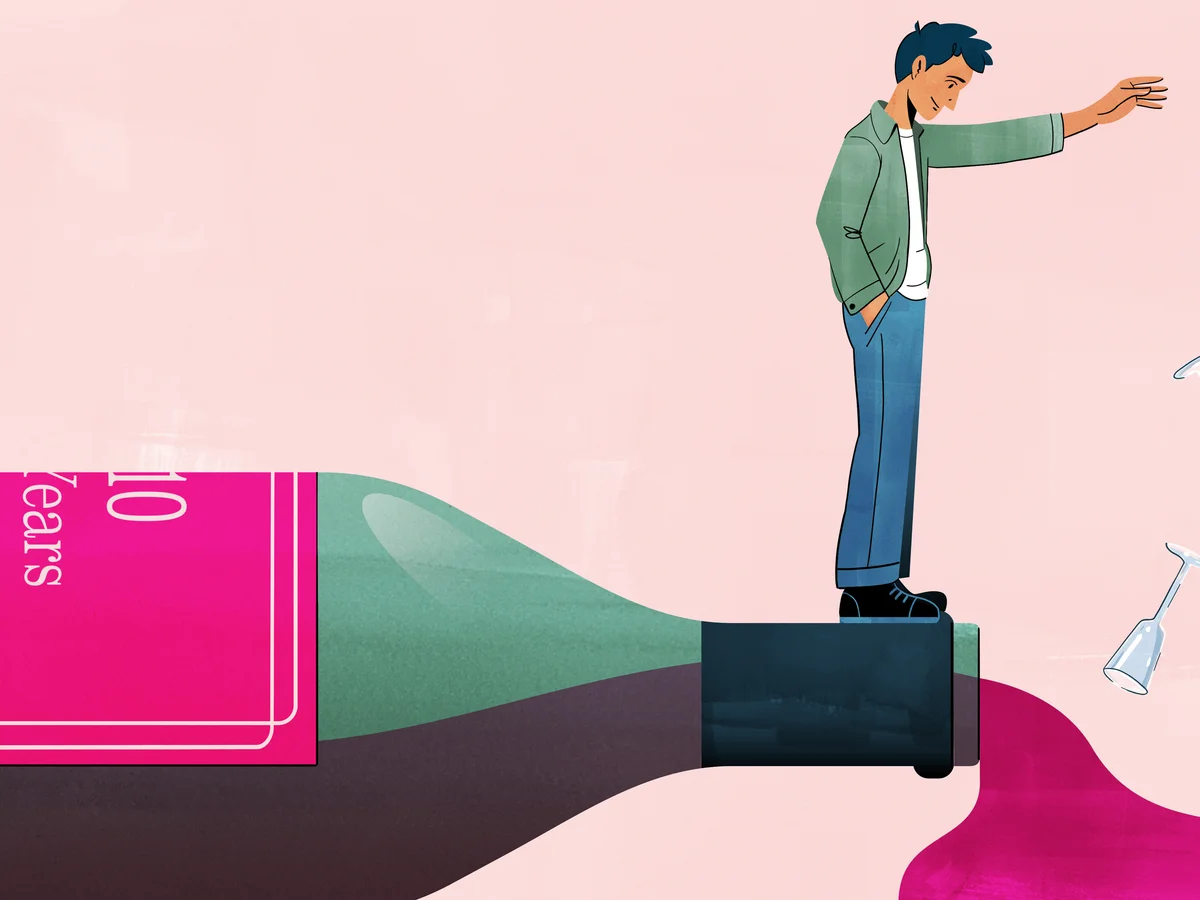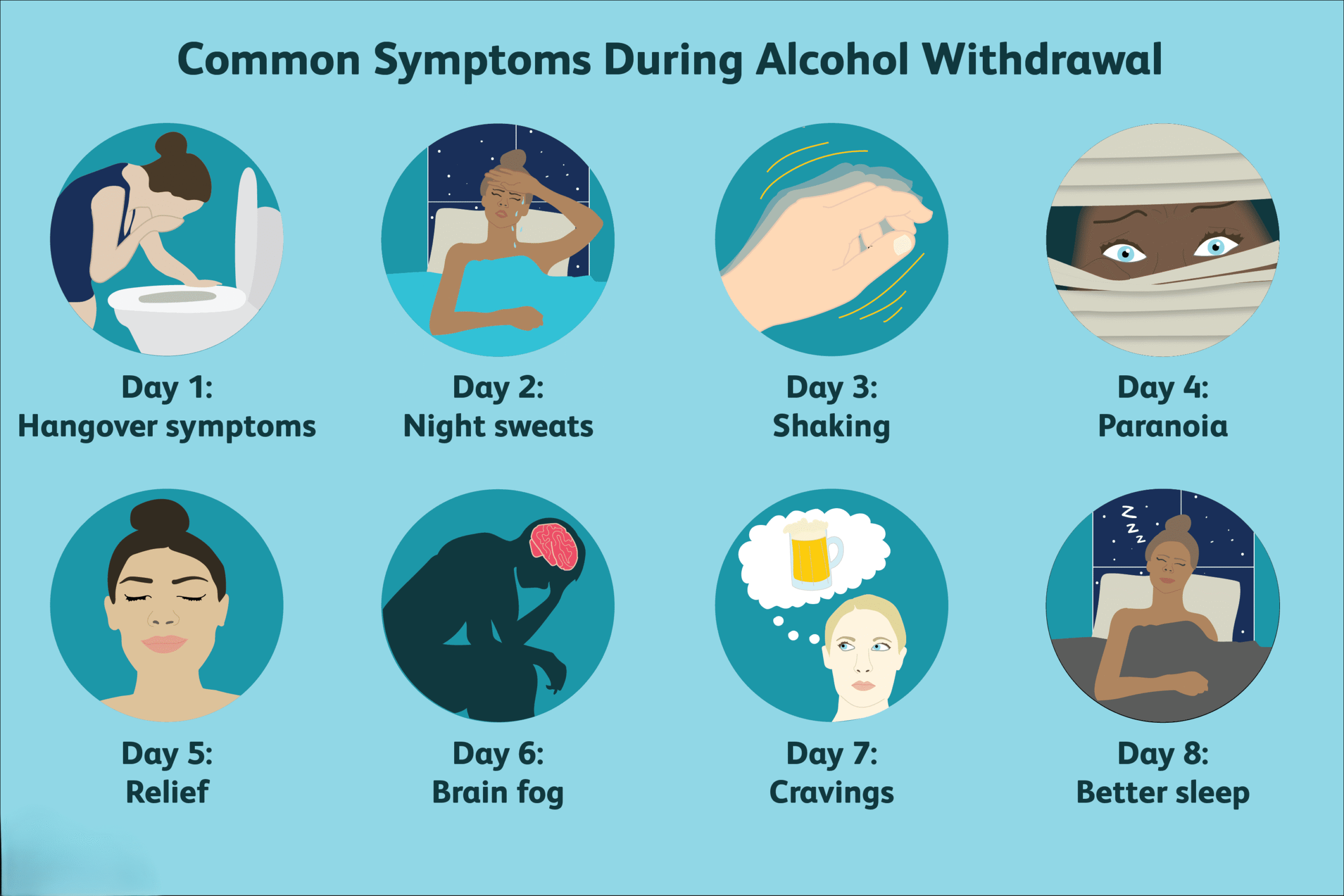
Alcohol addiction affects millions of people around the world. While some people drink occasionally without problems, for others, alcohol slowly becomes a daily habit that takes control of their life. It can damage health, relationships, career, and inner peace. The good news is that change is possible. If you are struggling with alcohol addiction, you can start your journey toward freedom and happiness today with guidance from Aarogya Sewa Samiti.
In this article, we will share 5 Tips to Quit Alcohol that are practical, effective, and life-changing. These tips are not just theories; they are steps that real people have followed to recover and live healthier, happier lives. Each tip will guide you in building the strength to say no to alcohol and yes to a better future.
Why Alcohol Is Harmful for Us
Alcohol may seem relaxing at first, but when taken regularly or in large amounts, it causes serious damage to both the body and mind.
-
Liver Damage – Alcohol is processed in the liver. Too much drinking causes fatty liver, hepatitis, and even liver failure.
-
Brain Effects – It slows down thinking, weakens memory, and increases the risk of depression and anxiety.
-
Heart Problems – Heavy drinking raises blood pressure, damages the heart muscle, and increases the risk of stroke.
-
Immune System Weakness – Alcohol reduces the body’s natural defence, making us more likely to get sick.
-
Family & Social Issues – Addiction often breaks relationships, causes financial problems, and leads to stress at home.
-
Risk of Accidents – Alcohol reduces control and judgment, which is why drunk driving leads to many accidents.
Precautions Against Alcohol Harm
To stay safe and protect your health, follow these precautions:
-
Limit Intake – If you drink, keep it very limited and occasional.
-
Avoid Empty Stomach Drinking – Alcohol works faster on an empty stomach.
-
Stay Away If Addicted – If you already struggle, it’s better to quit completely.
-
Know Your Triggers – Avoid parties, stress, or friends who push you to drink.
-
Stay Hydrated & Eat Healthy – Water and good food reduce the impact of alcohol.
-
Seek Support – If quitting feels hard, talk to family, a counsellor, or a rehabilitation center.
-
Choose Healthy Alternatives – Exercise, meditation, and hobbies can replace the urge to drink.
Why Quitting Alcohol Matters
Before we move to the 5 Tips to Quit Alcohol, let us understand why giving up alcohol is so important. Drinking might seem like a temporary escape, but in reality, it slowly traps you. Alcohol affects the liver, weakens the heart, damages the brain, and increases the risk of accidents. Beyond health, it also creates emotional stress, ruins family bonds, and blocks professional growth.
When you quit alcohol, you are not just stopping a habit—you are taking back control of your life. You gain better health, improved focus, stronger relationships, and inner peace. This is the reward waiting for you if you choose recovery.
Tip 1: Accept That You Need Change
The first of the 5 Tips to Quit Alcohol is acceptance. Many people delay recovery because they do not admit they have a problem. They believe they can stop anytime, but days turn into years. True change begins the moment you honestly accept that alcohol has taken control.
Take a quiet moment and reflect on how drinking affects your life. Ask yourself:
-
Do I drink more than I planned?
-
Have my relationships suffered?
-
Is my health being damaged?
-
Do I feel helpless without alcohol?
If your answer is yes to any of these, it is a sign to take action. Acceptance does not mean weakness; it means you are brave enough to face the truth.
Tip 2: Build a Strong Support System
The second of the 5 Tips to Quit Alcohol is surrounding yourself with people who understand and support your journey. Recovery is difficult when you try to do it alone. Friends who encourage drinking can easily pull you back into the habit. Instead, connect with those who genuinely want to see you succeed.
Support can come in many forms:
-
Family members who cheer you on.
-
Friends who respect your decision.
-
Support groups where you meet others on the same path.
-
Professionals like counselors who guide you through challenges.
When you feel weak, this support system becomes your strength. They remind you why you started and motivate you to keep going.
Tip 3: Replace Drinking With Healthy Habits
The third of the 5 Tips to Quit Alcohol is to fill your time and mind with positive activities. Many people drink because of boredom, stress, or routine. If you leave an empty space after quitting, cravings will return. The best way to fight this is by replacing alcohol with healthy habits.
Here are some activities to consider:
-
Exercise: Walking, yoga, or gym workouts release happy hormones.
-
Hobbies: Painting, reading, gardening, or playing music refresh your mind.
-
Meditation: Helps calm the mind and reduces the urge to drink.
-
Volunteering: Helping others gives a sense of purpose and joy.
By building new habits, you give your brain healthier rewards, and slowly the craving for alcohol becomes weaker.
Tip 4: Identify Triggers and Avoid Temptation
The fourth of the 5 Tips to Quit Alcohol is learning to recognize what situations push you toward drinking. For some people, it is stress after work. For others, it is meeting old friends, attending parties, or even loneliness.
Once you identify your triggers, you can plan ahead:
-
Avoid places where alcohol is served in the beginning.
-
Politely say no to friends who offer drinks.
-
Keep non-alcoholic drinks handy when you feel cravings.
-
Practice relaxation techniques when stress becomes high.
Remember, avoiding temptation is not weakness—it is wisdom. Over time, as you become stronger, these triggers will lose power over you.
Tip 5: Seek Professional Guidance
The last of the 5 Tips to Quit Alcohol is seeking help from experts. Quitting alcohol is not always easy, and sometimes willpower alone is not enough. Doctors, counselors, and rehabilitation centers provide medical care, therapy, and structured programs that make recovery smoother.
Professional guidance gives you:
-
Safe detox methods for your body.
-
Counseling to manage emotions.
-
Skills to handle cravings and avoid relapse.
-
A step-by-step plan for long-term recovery.
Asking for professional help is not a sign of failure—it is a sign of courage. It shows you are serious about building a new life.
Common Symptoms During Alcohol Withdrawal
When someone stops drinking alcohol after prolonged use, the body goes through a period of adjustment. This is because the body has become dependent on alcohol, and suddenly removing it can cause both physical and psychological symptoms. The severity of withdrawal depends on how long and how heavily a person drank.
1. Shaking and Tremors
One of the most common early symptoms is hand tremors or body shaking. Even if the person feels otherwise okay, their hands or legs may tremble, especially within the first 6–12 hours after the last drink.
2. Sweating and Increased Heart Rate
Withdrawal can trigger excessive sweating, sometimes even when the person is at rest. The heart may beat faster, and blood pressure can rise.
3. Nausea and Vomiting
Many people experience stomach upset, nausea, or vomiting during withdrawal. This is the body’s way of detoxifying and adjusting to the absence of alcohol.
4. Anxiety and Irritability
Alcohol affects brain chemicals that regulate mood. During withdrawal, a person may feel anxious, restless, or easily irritated. Mood swings are common, and sometimes the anxiety can be intense.
5. Sleep Problems
Insomnia or disturbed sleep is very common during alcohol withdrawal. Even if a person feels tired, they may struggle to fall asleep or wake up frequently during the night.
6. Headaches and Fatigue
Withdrawal often causes headaches, dizziness, and fatigue. The body is adjusting to functioning without alcohol, and this can take several days to stabilize.
7. Depression or Low Mood
Some people feel sad, hopeless, or depressed during withdrawal. Low mood can continue for weeks, which is why support and counseling are important.
8. Severe Symptoms (Delirium Tremens – DTs)
In extreme cases, especially in people with heavy, long-term alcohol use, withdrawal can cause delirium tremens. Symptoms include:
-
Confusion and disorientation
-
Severe agitation
-
Hallucinations (seeing or hearing things that aren’t there)
-
High fever or rapid heartbeat
Delirium tremens is a medical emergency and requires immediate professional care.
Key Advice During Withdrawal
-
Do not try to detox alone if you have been drinking heavily. Medical supervision is safer.
-
Stay hydrated and eat light, nutritious meals.
-
Seek emotional support from family, friends, or counselors.
-
Consult a professional at a Nasha Mukti Kendra for safe detox and guidance.
Life After Quitting Alcohol
Following these 5 Tips to Quit Alcohol will not only help you stop drinking but also create a fresh chapter in your life. Imagine waking up with energy instead of a hangover. Imagine stronger bonds with your family, a clear mind at work, and a heart full of peace. That is the gift of recovery.
Quitting alcohol is a journey. Some days will be tough, and some days will be bright. But every step you take without alcohol is a step toward freedom.
Conclusion
Recovery is possible, and it begins with a decision. These 5 Tips to Quit Alcohol—accepting change, building support, replacing habits, avoiding triggers, and seeking professional help—can guide you toward a healthier, happier, and more meaningful life.
If you or your loved ones are struggling, remember that help is always available. At Aarogya Sewa Samiti, we are here to support you with care and understanding. Our best Nasha Mukti Kendra in Dehradun offers professional guidance and compassionate programs to help individuals break free from addiction.
Take the first step today. A brighter, alcohol-free tomorrow is waiting for you.


